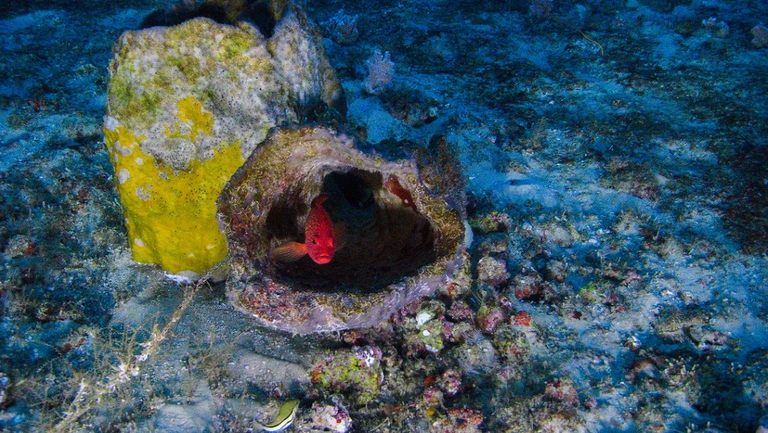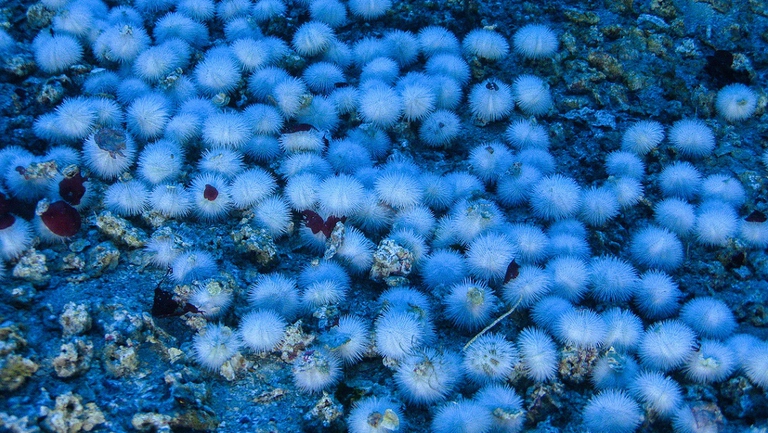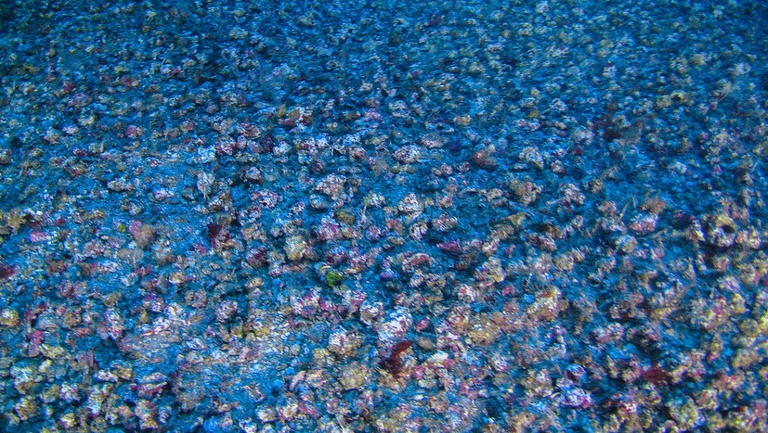
The Amazon became an alternative classroom during the pandemic. Now, the educational forest in Batraja, Bolivia, lives on to teach children and adults the value of nature.
Lo scorso anno un gruppo di oceanologi statunitensi e brasiliani ha scoperto una barriera corallina dove si pensava non potesse esistere: nel Rio delle Amazzoni.
The barrier reefs of our planet are dying. They’re being killed by a relentless ocean acidification, global temperature rise, overfishing, waste disposal and deforestation. Yet, last year a group of Brazilian scientists discovered a barrier reef at the mouth of the Amazon River, where textbooks said there shouldn’t be one.
The reef has been discovered off the mouth of the Amazon River, in the Atlantic Ocean, at a depth of 50 to 100 metres. The reef appears to be huge, stretching for some 10,000 square kilometres. Unlike similar ecosystems, this reef has been found in muddy waters. That’s why it wasn’t discovered earlier and scientists still know little about the species it is home to.
The first expeditions showed that the Amazon reef’s biodiversity is not as rich as other tropical reefs. However, scientists already observed many species, including more than 70 species of fish, crustaceans, sponge and starfish. “We brought up the most amazing animals I’ve ever seen on an expedition like this,” said Patricia Yager of the University of Georgia. “There were sea fans, and yellow tubes, and tiny, sunset-colored fish, as well as pink coral-like crusted algae called rhodoliths, and gorgeous sponges in yellow and red”.
The first pictures of the Amazon reef have been shot and released by Greenpeace, which also launched a campaign to protect the newly discovered reef.
Several dangers loom over this surprising ecosystem, which is mainly threatened by oil exploration. “Large-scale industrial activities represent a huge environmental challenge, and companies should commit to carrying out a social and economic assessment,” read the study published in the journal Science.
Siamo anche su WhatsApp. Segui il canale ufficiale LifeGate per restare aggiornata, aggiornato sulle ultime notizie e sulle nostre attività.
![]()
Quest'opera è distribuita con Licenza Creative Commons Attribuzione - Non commerciale - Non opere derivate 4.0 Internazionale.
The Amazon became an alternative classroom during the pandemic. Now, the educational forest in Batraja, Bolivia, lives on to teach children and adults the value of nature.
A group of experts in Tokyo suggested pouring radioactive water from Fukushima into the open sea. A marine biochemist explains the consequences of this absurd decision.
Our species took its first steps in a world covered in trees. Today, forests offer us sustenance, shelter, and clean the air that we breathe.
The decline in grey and humpback whales in the Pacific and Atlantic Oceans has been traced to food shortages caused by rising ocean temperatures.
The United Nations has launched a major international alliance for ocean science, undertaking a mission close to all our hearts.
The cargo ship that ran aground off the coast of Mauritius on 25 July, causing incalculable damage, has split in two and its captain has been arrested.
Bangladesh suffered widespread damage as a result of Cyclone Amphan. Yet the Sundarbans mangrove forest acted as a natural barrier protecting the country from further destruction, as it has done countless times before.
On top of a 2.4 million dollar compensation, the indigenous Ashaninka people will receive an official apology from the companies who deforested their lands in the 1980s.
The largest coral reef in the world is severely threatened by climate change, but researchers are developing strategies that could contribute to saving the Great Barrier Reef.










